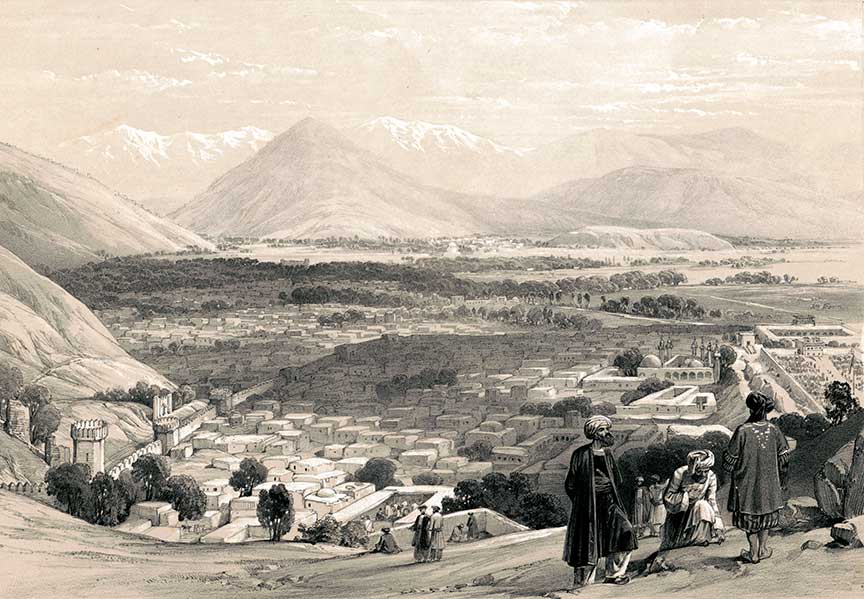1919 British-Afghan War
Afghanistan had remained neutral during World War I. There was, however, growing anti-British feeling in Afghanistan. This was fueled by the refusal of the British to recognize the complete independence of Afghanistan. Afghan ruler Amanullah Khan proclaimed a religious war against the British and called upon the Moslem subject of India to rise up. He led a small-scale invasion of India, but it soon petered out. The British and the Afghans entered into negotiations and, for the first time, Britain recognized the full independence of Afghanistan.
The British Empire had long sought to control Afghanistan to maintain a buffer zone between British India and the expanding Russian Empire. The first two Anglo-Afghan wars (in 1839-42 and 1878-80) were aimed at achieving this goal, but they yielded limited success. By the early 20th century, Afghanistan was a semi-autonomous region under British influence. The ruler, Habibullah Khan, maintained a delicate balance between the British and Russian interests. However, upon his assassination in 1919, his son Amanullah Khan assumed power and sought to regain Afghanistan's independence.
Causes: Amanullah Khan's desire for independence and his opposition to British influence in Afghanistan prompted the conflict. He sought to exploit the post-World War I chaos and the weakened state of the British Empire. He believed that the time was right to assert Afghan independence and end British influence in the region.
War and Major Events: In May 1919, Amanullah Khan declared independence from Britain and launched an invasion of British India. Afghan forces attacked British outposts and garrisons along the border, but the British, despite being caught off-guard, quickly mobilized their troops to counter the invasion.
The British Royal Air Force (RAF) played a significant role in the conflict, conducting aerial reconnaissance and bombing missions against Afghan targets. The use of air power was a novelty at the time, and it greatly impacted the course of the war.
The fighting continued throughout the summer of 1919, with both sides suffering casualties and making limited territorial gains. By August, however, both sides recognized the need for a diplomatic solution.
Treaty of Rawalpindi: The war ended with the signing of the Treaty of Rawalpindi on August 8, 1919. The treaty recognized Afghanistan as an independent nation and ended British control over Afghan foreign policy. In exchange, Afghanistan agreed to cease aggression against British India. This marked a significant diplomatic victory for Amanullah Khan and the Afghan people.
 >
>